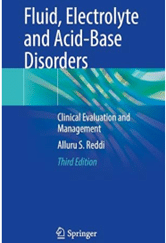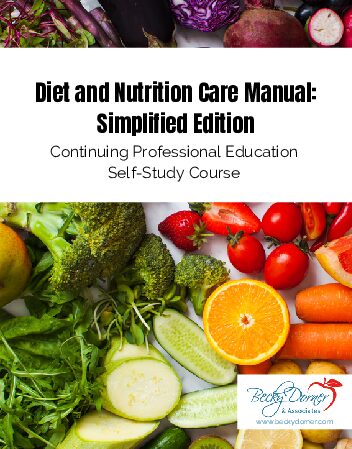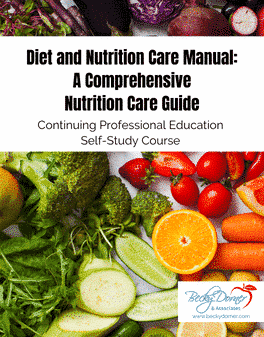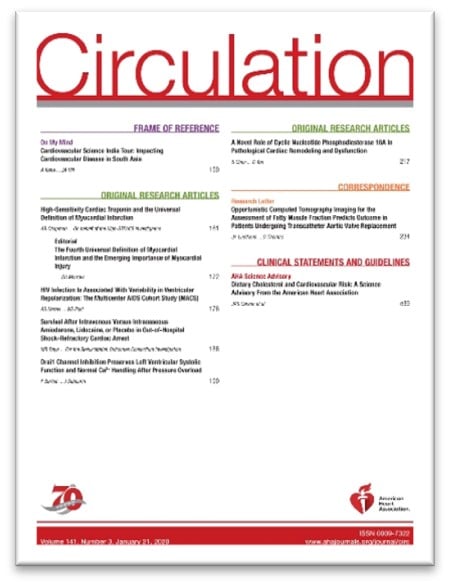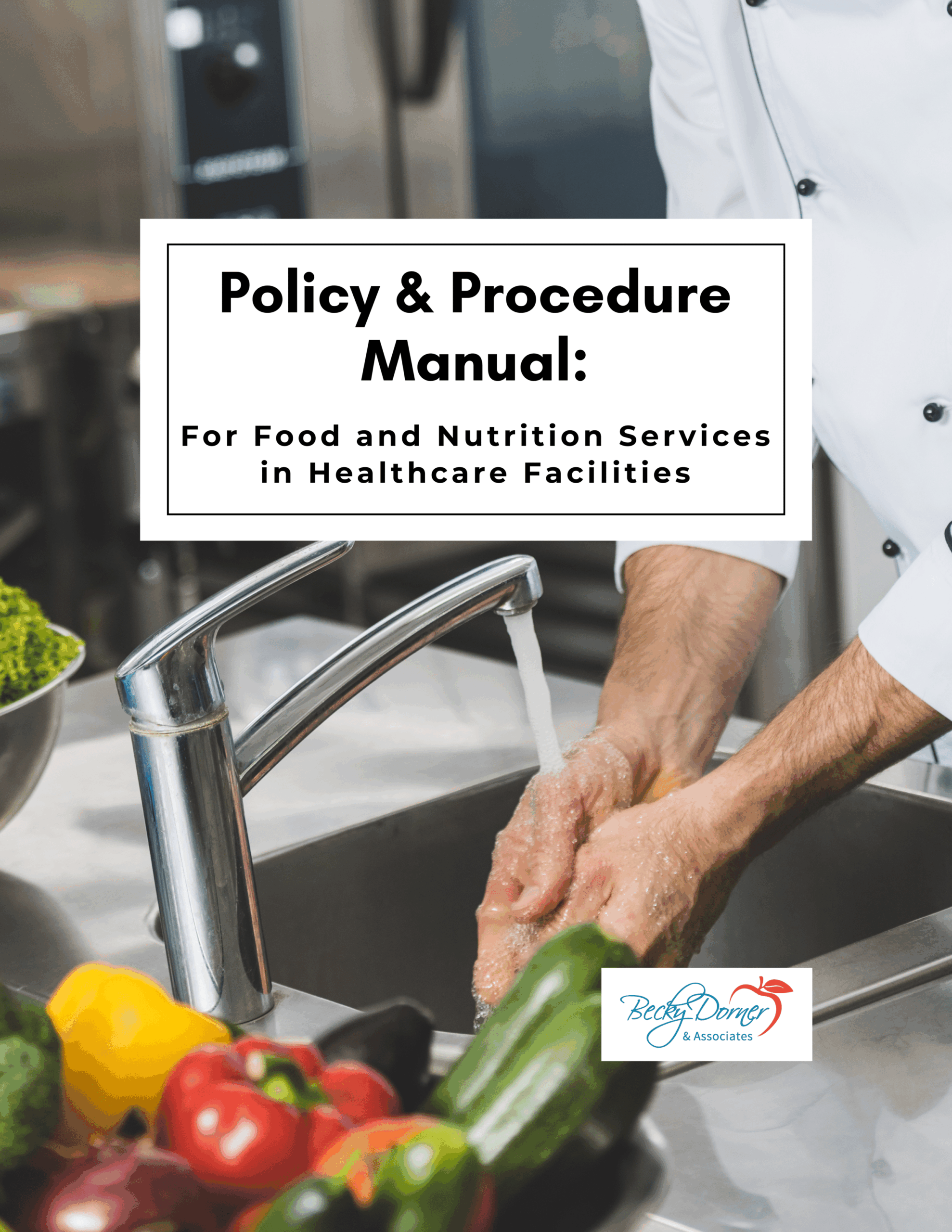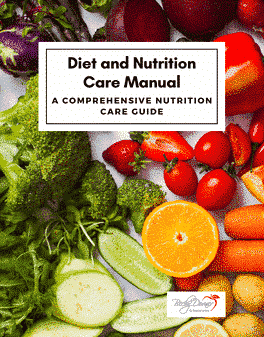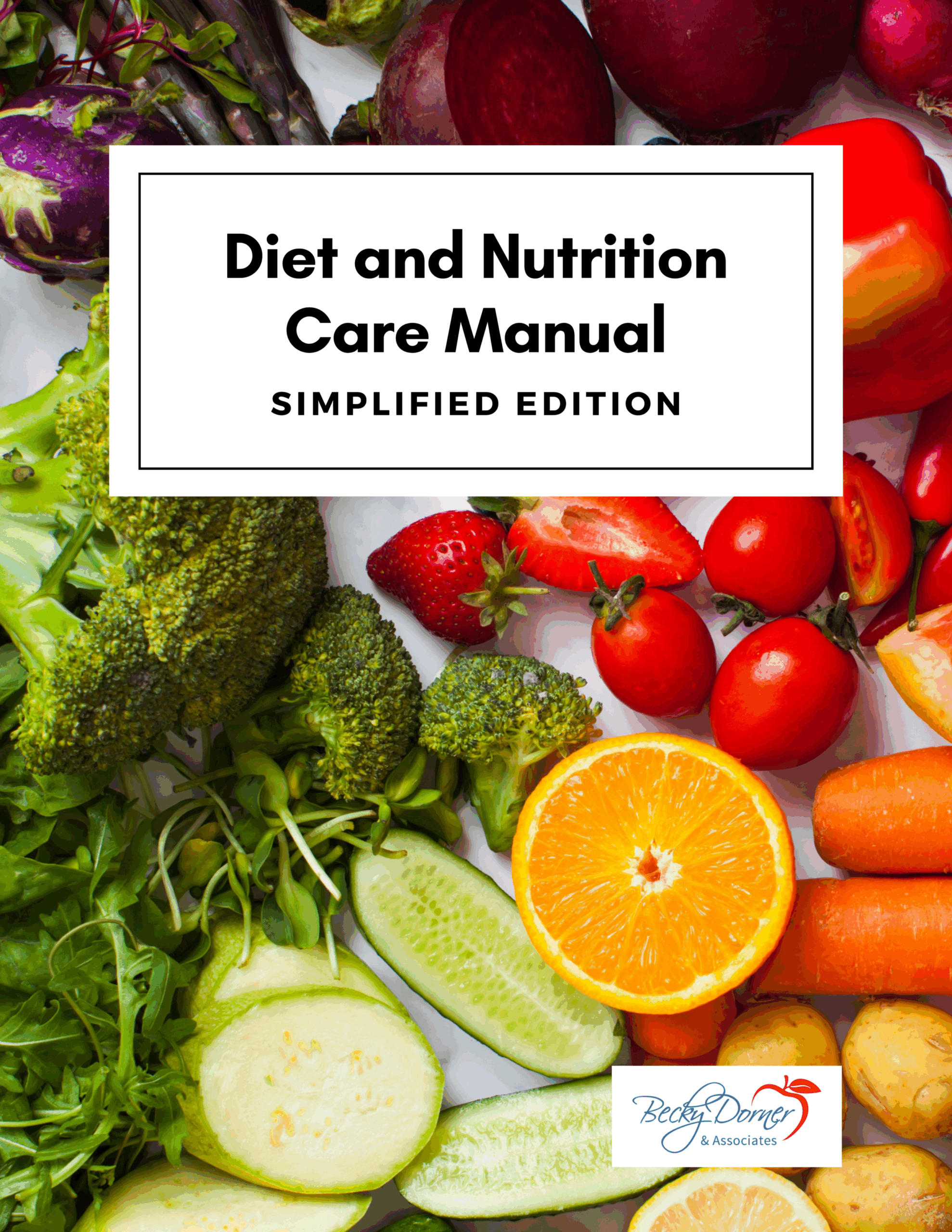Heart disease is the leading cause of death for men and women in the United States.1 In fact, one in every four male deaths is due to heart disease.2 Scientists have conducted research on the relationship between diet and heart health for decades, trying to pinpoint specific nutrients like fat or cholesterol that may contribute to heart disease. Many consumers look for quick solutions like individual foods or supplements to reduce their risk of heart disease, rather than considering their overall eating pattern.

Our role as nutrition professionals is to educate the public on proper heart healthy nutrition, good eating habits, physical activity and other lifestyle changes needed to maintain a strong and healthy heart. The resources presented below are intended to help nutrition professionals expand their knowledge of cardiovascular health and the roles that diet and lifestyle play in maintaining it. Enjoy!
Facts & Statistics on Cardiovascular Health
Let’s take a moment to understand the impact of heart disease in the United States:
- In 2020 heart disease accounted for 1 in every 5 deaths.1,2 Heart disease is the leading cause of death for men, women, and people of most racial and ethnic groups in the U.S.1
- About 1 in 5 heart attacks are silent—the damage is done, but the person is not aware of it.2
- Nearly half of all adults in the US have hypertension, and only 24% have it under control.3
- High blood pressure is more common in non-Hispanic Black adults (56%) than in non-Hispanic white adults (48%), non-Hispanic Asian adults (46%), or Hispanic adults (39%).3
- Key risk factors for cardiovascular disease include hypertension, hypercholesterolemia, and smoking. Medical conditions and lifestyle choices also increase risk including diabetes, overweight and obesity, unhealthy diet, physical inactivity, excessive alcohol use.
- In 2015–2018, nearly 12% of adults age 20 and older had total cholesterol higher than 240 mg/dL, and about 17% had high-density lipoprotein (HDL, or “good”) cholesterol levels less than 40 mg/dL. 4
%
of US deaths are due to heart disease
%
(roughly) of all US adults have hypertension
heart attacks are silent
Sources
- Centers for Disease Control and Prevention, National Center for Health Statistics. About Multiple Cause of Death, 1999–2020. CDC WONDER Online Database website. Atlanta, GA: Centers for Disease Control and Prevention; 2022. Accessed February 21, 2022.
- Tsao CW, Aday AW, Almarzooq ZI, Beaton AZ, Bittencourt MS, Boehme AK, et al. Heart Disease and Stroke Statistics—2022 Update: A Report From the American Heart Association. Circulation. 2022;145(8):e153–e639.
- Centers for Disease Control and Prevention, Blood Pressure Facts. https://www.cdc.gov/bloodpressure/facts.htm. Updated July 12, 2022. Accessed September 21, 2022.
- Centers for Disease Control and Prevention, High Cholesterol Facts. https://www.cdc.gov/cholesterol/facts.htm. Updated July 12, 2022. Accessed September 21, 2022.
CPE Courses on Cardiovascular Health
Featured Blog Posts on Cardiovascular Nutrition
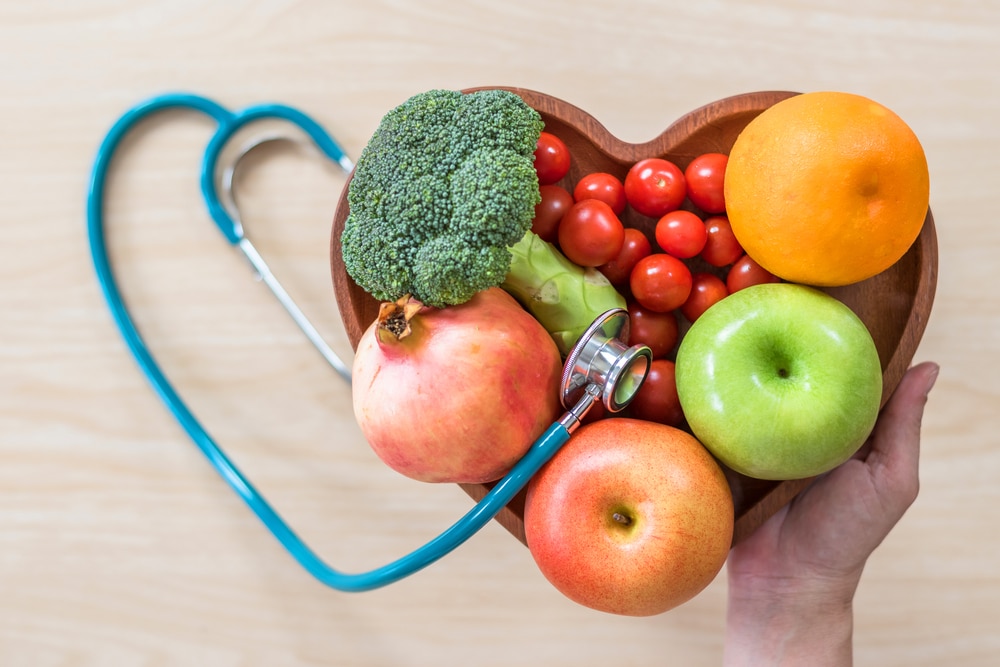
Dietary Guidance to Improve Cardiovascular Health
Willie’s daughter, Simone, is worried about her father’s eating habits. Willie is 66 years old,…Read More
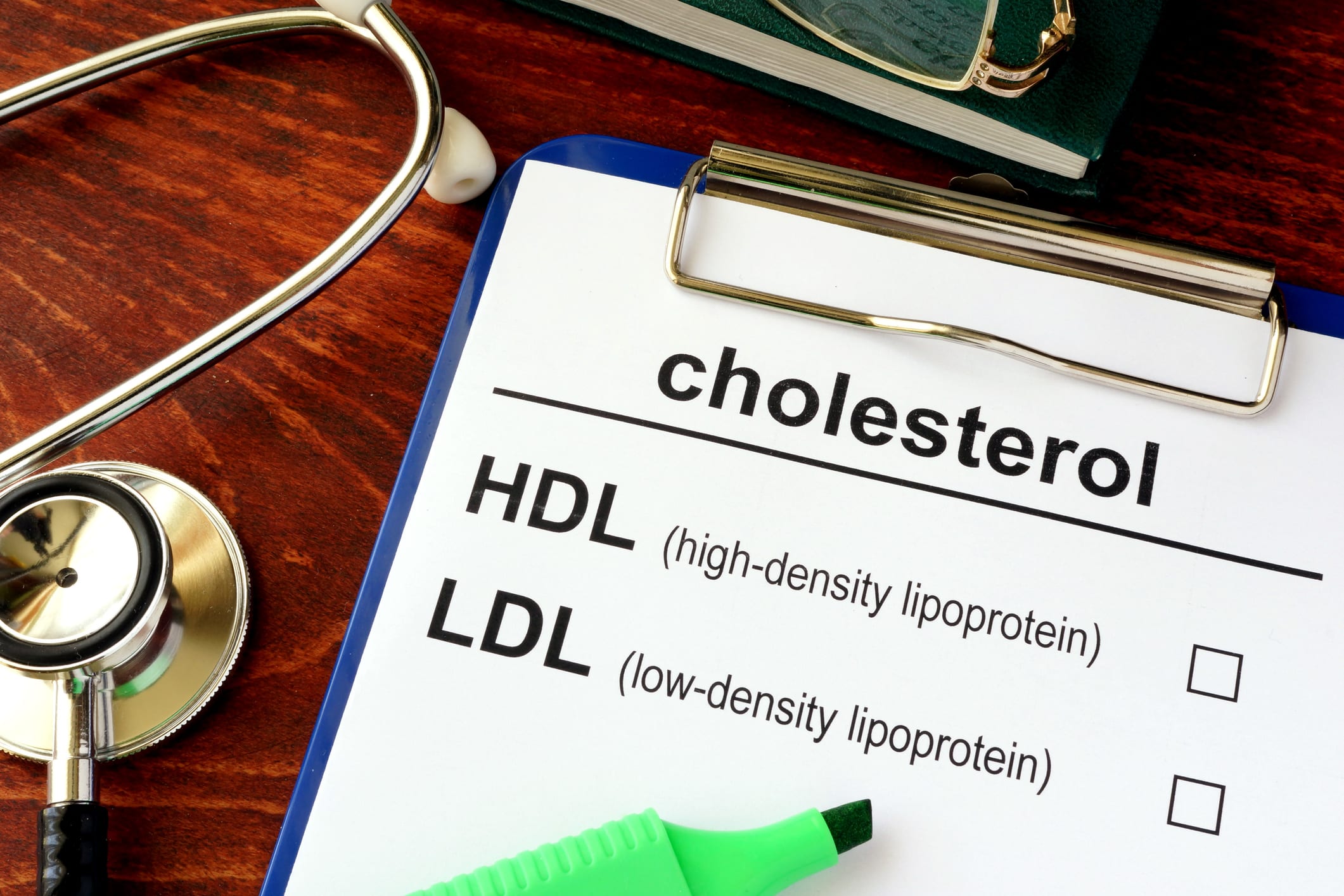
Managing Cardiovascular Disease Risk
Kathleen’s parents and grandfathers all died because of heart disease. Now 65, she assumed her…Read More

Guideline for the Prevention, Detection, Evaluation, and Management of High Blood Pressure in Adults
Mrs. Fernandez is a 66-year-old woman who has had several blood pressure readings between 128/90…Read More

Restrict or Liberalize? Therapeutic Diets for Older Adults with Cardiovascular Disease (CVD)
Richard is 88-years old and was recently hospitalized post myocardial infarction (MI) for placement of…Read More

Clear the Confusion: What to Eat to Reduce Risk of Cardiovascular Disease
Janelle is a 59-year-old woman who is concerned about her risk for cardiovascular disease (CVD).…Read More

Nutrition Recommendations Your Clients Can Take to Heart
Heart disease remains the number one killer in the U.S. for both men and…Read More
FAQs on Cardiovascular Health
Get answers to nutrition professionals’ most frequently asked questions about cardiovascular health and nutrition below!
What is the biggest source of sodium in a typical American diet?
According to the 2020-2025 Dietary Guidelines for Americans, most of the sodium Americans eat comes from salt added during commercial food processing and preparation. That means that the main sources are packaged, processed, store-bought and restaurant foods. Most Americans consume more sodium than recommended before they ever pick up a saltshaker. Because sodium is so prevalent in the food supply, public health approaches to lower sodium in the food supply may be the best strategy for reducing sodium intake in the U.S. population.
How much dietary sodium is appropriate for patients with cardiovascular disease?
The 2020-2025 Dietary Guidelines for Americans recommends 2300 mg/day for adults, based on the evidence of the benefit of reducing sodium intake on risk for cardiovascular disease and hypertension. According to the Dietary Guidelines, the average sodium intake for adults is 3383 mg/day, with a range from 2,000 to 5,000 mg/day. There is a direct and positive link between salt intake and blood pressure, but the details can get murky. For example, the effects of sodium reduction on blood pressure tend to be greater in those who are Black, middle-aged and older-aged, and those with hypertension.
Most experts agree that any reduction in sodium intake below a person’s baseline is beneficial, even if the 2,300 mg/day target is difficult to achieve. It is important to remember that other components of the diet, including potassium, can have an effect on blood pressure. An overall eating pattern that is high in fruits, vegetables and whole grains, and low in high sodium ultra-processed foods and processed meats should be recommended for anyone with or at risk for cardiovascular disease. Following a healthy eating pattern will result in a decrease in sodium and an increase in potassium without a focus on the exact intake of those nutrients.
What is the current recommendation for consumption of dietary cholesterol?
An American Heart Association Science Advisory on Dietary Cholesterol and Cardiovascular Risk indicates that guidance should be focused on dietary patterns to improve diet quality and promote cardiovascular health, as opposed to specific amounts of dietary cholesterol. Most foods that are high in saturated fat are also high in cholesterol, so reducing saturated fat intake will result in a decrease in cholesterol intake as well.
What type of dietary fat is recommended to help lower a person’s risk for cardiovascular disease?
The cardiovascular benefits of both polyunsaturated and monounsaturated fats are supported by a robust body of evidence, especially if replacing saturated fats and trans fats. The 2021 Dietary Guidance to Improve Cardiovascular Health Scientific Statement from the American Heart Association indicates that polyunsaturated fats (soybean, corn, safflower and sunflower oils, walnuts and flaxseeds) have a somewhat stronger cardioprotective effect than monounsaturated fats (canola and olive oils, nuts, high oleic safflower and sunflower oils, peanuts, most tree nuts and their butters).
So many of my patients are using coconut oil thinking that it is a healthy choice. How can I respond to questions about its safety?
A 2016 article on coconut oil consumption and cardiovascular risk factors in humans published in Nutrition Reviews looked at 21 research papers on the subject, including 8 clinical trials and 13 observational studies. The article concluded that the weight of the evidence from intervention studies suggests that replacing coconut oil with unsaturated fats would alter blood lipid profiles in a manner consistent with a reduction in risk factors from cardiovascular disease. And in a 2020 meta-analysis of 16 trials, coconut oil consumption significantly increased low density lipoprotein (LDL) cholesterol concentrations as compared with non-tropical vegetable oils. That study concluded that there was no evidence of benefits of coconut oil over non-tropical vegetable oils for adiposity or glycemic and inflammatory markers.
The body of evidence raises concerns about high coconut oil consumption. Coconut oil should not be viewed as a healthy oil for cardiovascular disease risk reduction. Limiting coconut oil consumption because of its high saturated fat content is warranted based on the research available.
I have been hearing more and more about the relationship between ultra-processed foods and cardiovascular disease. Can you tell me more about this?
A 2019 commentary in the journal Public Health Nutrition contains an in-depth discussion of ultra-processed foods. This term refers to foods that are energy dense foods, high in sugar, unhealthy fats and salt, and low in dietary fiber and nutrients. Ultra-processing results in foods that are shelf stable and convenient.
The NOVA food classification scale considers methods used during the food manufacturing process and use of additives to classify foods into four categories: unprocessed or minimally processed, those with processed culinary ingredients, processed foods and ultra-processed foods. According to NOVA, ultra-processed foods include many ready to eat foods, packaged snacks and candies, energy bars and drinks, and other foods and beverages. Consumption of ultra-processed foods has been linked with adverse health outcomes, including overweight and obesity, type 2 diabetes, cardiovascular disease and all cause mortality. In 2021, the American Heart Association’s Scientific Statement titled “Dietary Guidance to Improve Cardiovascular Health” recommended choosing minimally processed foods instead of ultra-processed foods.
Why do guidelines on diet and cardiovascular disease recommend limiting sugar-sweetened foods and beverages?
According to the AHA’s Scientific Statement titled “2021 Dietary Guidance to Improve Cardiovascular Health”, added sugars have been consistently associated with elevated risk of type 2 diabetes, coronary heart disease and excess body weight. The 2020–2025 Dietary Guidelines for Americans emphasize that added sugars contribute more than 13% of the total calorie intake of the U.S. population. While added sugars contribute to palatability of some nutrient dense foods, they should be limited to help achieve healthy eating patterns with the calorie limits needed to maintain weight and health.
I know many people who are on a ketogenic diet. Can this type of diet have long term consequences to cardiovascular health?
A ketogenic diet, which is very low in carbohydrates, modest in protein and high in fat, has become popular for weight loss. The short term risks and benefits of the use of ketogenic diets for weight loss can be debated, but the long term consequences have not been well studied. A review article published in 2021 outlined the risks and benefits. According to the paper, risks include significant changes in diet quality including reduction in intake of fruits, vegetables and whole grains (protective against cardiovascular disease) as well as vitamins, minerals, fiber and phytochemicals (all needed for good health).
The gut microbiome is also affected by a lower intake of plant foods, which could affect nutrient absorption and immune function. Low carbohydrate diets are also high in saturated fat and cholesterol which are linked to an increase in cardiovascular disease. Ketogenic diets are known to increase LDL cholesterol levels, sometimes dramatically. The consequences of these effects of the ketogenic diet over time are unknown, but should be discussed with those who are considering adopting this type of diet.
Free Resources on Cardiovascular Health and More
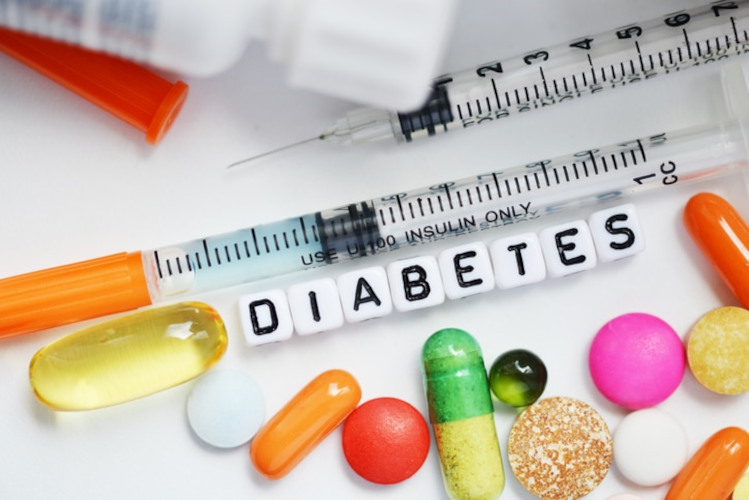
Blog
Check our blog regularly for new articles on popular nutrition care topics.

Email List
Subscribe to stay up-to-date on new products, sales, free resources and more!

Free CPEs
Access free CPE courses and webinars to take your career to the next leve
The Essentials for Every Nutrition Professional
Browse Resources by Topic
Did you know you can now browse courses, webinars and other resources on our website by topic (in addition to Cardiovascular Health)? We will be adding more topics soon!

Diabetes

Dysphagia

Malnutrition

Older Adult Nutrition
Request a Cardiovascular Health Resource
Interested in learning more about nutrition care for cardiovascular health but don’t see the specific topic here? We’d love to get ideas for new resource creation! Submit the form below to tell us what we’re missing.
"*" indicates required fields

